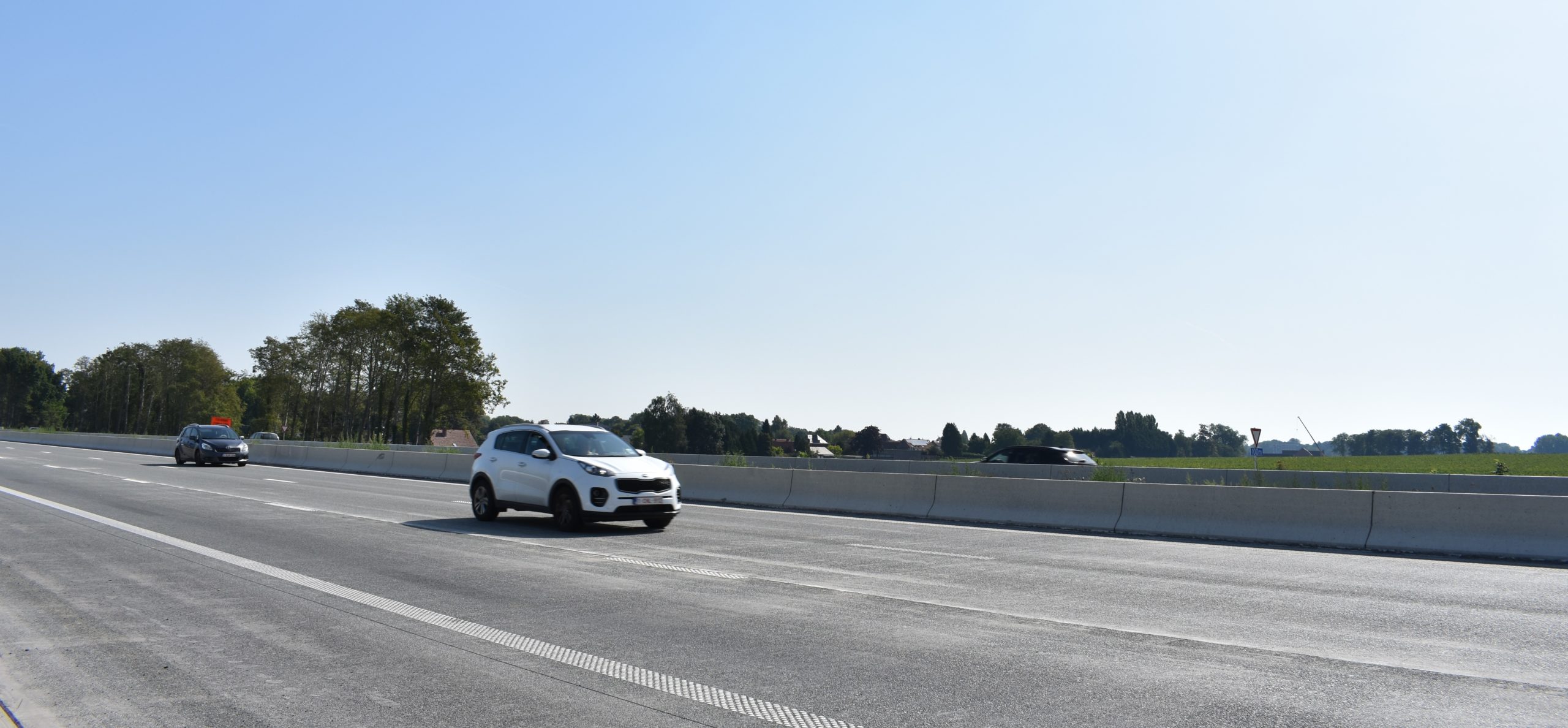Mr. Petar Vitanov, MEP, and EUPAVE, the European Concrete Paving Association, invite you to a debate on “Green Deal: the right choices for a climate resilient and sustainable TEN-T”.

The event will start with words of welcome from Mr. Petar Vitanov, MEP (S&D) and Mr. Stéphane Nicoud, President of EUPAVE.
Mr. Luc Rens, Managing-Director of EUPAVE, will talk about “Innovative and sustainable tendering for European motorways”.
Mr. Mario Krmek, Asset Manager at ASFINAG Baumanagement GmbH, will introduce a circular and long-term approach for Austrian motorways.
Afterwards, contributions will be made from DG GROW and DG MOVE.
To register, please contact Elise Carabédian, e.carabedian@eupave.eu.
On Wednesday, 28 June EUPAVE and MEP Isabella De Monte held a breakfast debate on “Road infrastructure for connected, autonomous and electric vehicles” in the European Parliament. Around 40 attendees included several MEPs and representatives of the European Commission.
Ms. Isabella De Monte – Member of the European Parliament – and Mr. Stéphane Nicoud – President of EUPAVE – welcomed those in attendance, highlighting the importance of infrastructure in the discussion on vehicles of the future.

MEP Isabella De Monte
MEP Isabella De Monte began by emphasising the crucial role that infrastructure itself has in moving towards low-emission mobility, both by easing the transition to automated and electric vehicles, and also because smooth, rigid pavements reduce emissions even from traditional vehicles. She urged the European Commission and the Member States to use European funding for all initiatives that contribute to a sustainable and efficient transport network.
President Nicoud indicated that connected, autonomous and electric vehicles need road infrastructure with specific characteristics – e.g. durability and predictability. In this sense, concrete pavements offer many advantages and facilitate the transition to autonomous and electric vehicles.
Mr. Aniceto Zaragoza, General Director of Oficemen, in his presentation “New infrastructure for electric, cooperative and autonomous trucks”, indicated that autonomous and electric vehicles have great advantages – like emission reduction – but also pose challenges for infrastructure, in terms of road wear, predictability and liability in case of accidents. He concluded that “we need a new generation of infrastructure for a new mobility”.

Mr. Aniceto Zaragoza
Mr. Jeroen de Vrieze, from KWS, spoke about the “Autonomous vehicles in the Port of Rotterdam”. He pointed out that the implementation of this type of vehicle was a challenge for the port infrastructure. Since the autonomous vehicles always travel on precisely the same path, it had been necessary to employ a very durable and resistant structure, which is why concrete paving was chosen. This experience offers lessons that can be relevant for other applications, such as truck platooning, which will suffer the same issues.
Mr. Patrick Akerman, from Siemens, focused his speech on “E-highways: infrastructure for electric trucks”. He noted that large emissions reduction can be achieved by focusing only on heavily frequented routes and on heavy vehicles. The solution proposed focuses on the electrification of trucks using overhead lines.
Ms. Cristina Marolda, from the European Commission’s DG MOVE, in her presentation “Road infrastructure to support the transition to automated driving”, indicated that there will be a moment of transition in which two totally different types of vehicles will have to coexist together. Thus, road infrastructure will play a major role in this period of transition to ensure safety. She pointed out that there is a specific call under Horizon 2020 about automated road transport. She concluded by stressing that infrastructure must be ready for this type of vehicle and that both policy-makers and competent authorities should be aware of this.

Ms. Cristina Marolda
There followed a lively debate on the topic. MEPs Wim van de Camp, Ismail Ertug, Andor Deli, and Henna Virkkunen took the floor to comment and ask questions. It was noted that the Commission has done much to date on connected, autonomous and electric vehicles, but the results are fragmented and need to be put together – for instance, in a green paper. The recent legislative package “Europe on the Move” does not sufficiently note the contribution that infrastructure makes to low-emission mobility.

MEP Isabella de Monte concluded the debate and again stressed the need for adequate infrastructure, and appropriate use of funding. She thanked the attendees for their presence and active participation.

Mr. Patrik Akeman, Mr. Aniceto Zaragoza, Mr. André Burger, Ms. Cristina Marolda, Ms. Isabella De Monte, Mr. Stéphane Nicoud, Mr. Karl Downey and Mr. Jeroen de Vrieze
28 June 2017, European Parliament
Isabella De Monte, MEP, and the European Concrete Paving Association, EUPAVE have the pleasure to invite you to their breakfast debate on “Road infrastructure for connected, autonomous and electric vehicles”.
The event will be held Wednesday 28 June from 8.00 to 9.30 at the Members’ restaurant of the European Parliament.
Address: Members’ restaurant, European Parliament Bât. Altiero Spinelli 60 rue Wiertz / Wiertzstraat 60, Brussels
Smart transportation will soon create a world in which vehicles are autonomous, electric and connected to other vehicles and the infrastructure, making decisions with minimal human input. These developments have massive potential to enhance the sustainability of road transport.
The road infrastructure itself will be an important component for these “vehicles of the future” to correctly operate, and so public administrations and road authorities must start preparing now for this inevitable development.
With contributions from the European concrete industry, this debate will consider what is needed in terms of road infrastructure for vehicles of the future.
Agenda


